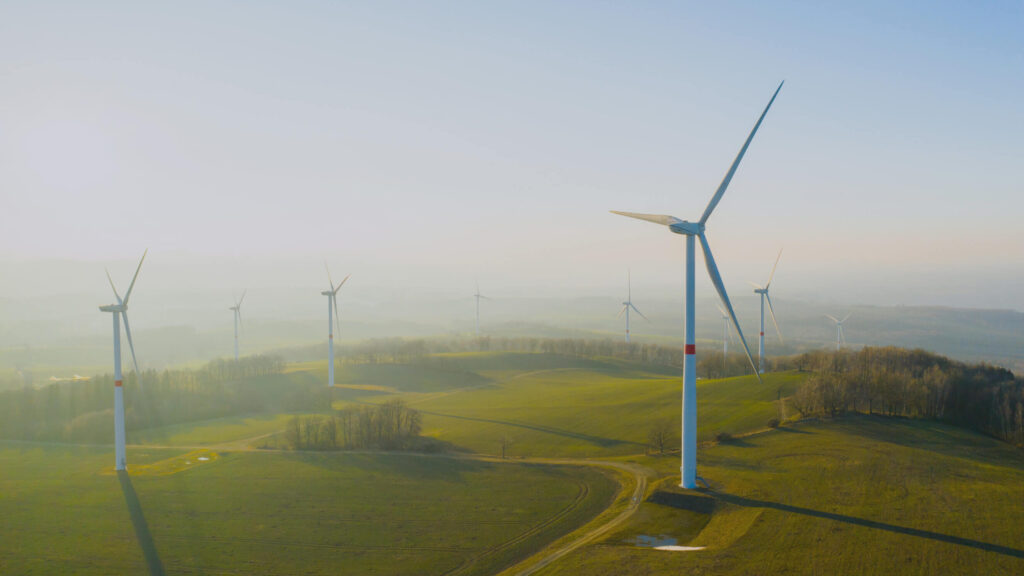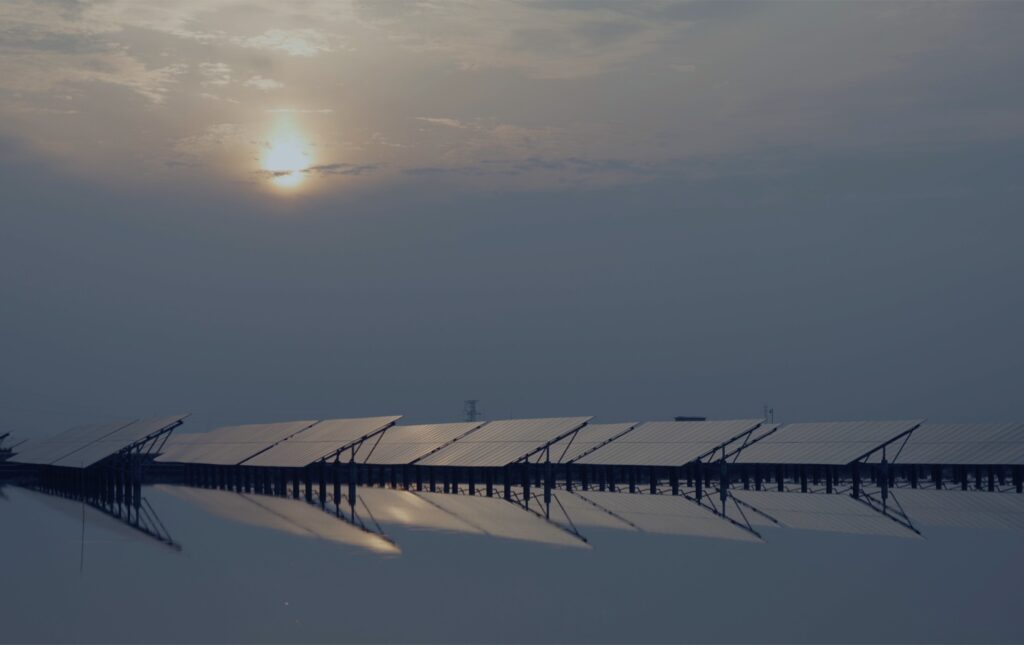
Governance Practices Every Sustainable Clean Energy Group Needs in 2025
29 August 2025
In 2025, sustainable governance in clean energy is a decisive factor for long-term growth. As the renewable energy market expands, stakeholders and investors are focusing on how companies manage their environmental, social, and governance (ESG) performance. For clean energy developers, governance practices are more than compliance—they are critical for building resilience, credibility, and trust.
Why the MSCI AA Rating Matters for Renewable Energy Companies
Concord New Energy Group (CNE) is among the few companies in the renewable electricity sector to hold an MSCI ESG AA rating, a recognition it has maintained in 2023 and 2024. This distinction highlights industry-leading governance and sustainability practices.
An MSCI AA rating carries weight in the clean energy industry because it:
- Signals to investors that the company is well-prepared to manage ESG-related risks.
- Reinforces transparency, building stronger relationships with regulators and communities.
- Positions the company competitively as disclosure requirements grow across global markets.
For renewable energy companies seeking international investment, strong ESG ratings have become a strategic asset.
Embedding ESG KPIs at the Board Level
Effective corporate governance requires measurable accountability. At CNE, the Board tracks ESG key performance indicators tied to climate risk management, carbon reduction, safety performance, and community impact. An ESG Committee, composed of directors with risk and industry expertise, ensures that sustainability remains a top priority .
This governance approach ensures that ESG performance is not treated as a side project but as part of long-term value creation. For 2025, clean energy groups that link executive compensation and incentives to ESG outcomes will stand out as leaders in sustainable corporate governance.
Governance Policies for Clean Energy Leaders
A strong governance framework requires clear, well-documented policies. Based on global best standards, a clean energy governance framework should include:
- ESG Integration Policy: Aligns sustainability goals with international frameworks such as GRI, TCFD, and IFRS S2.
- Risk Management Policy: Incorporates climate change and ESG risks into enterprise risk systems.
- Board Diversity Policy: Ensures balanced representation and independence.
- Anti-Corruption and Compliance Policy: Guarantees full compliance training for all directors and employees.
- Stakeholder Engagement Policy: Establishes structured communication with investors, regulators, and local communities.
- Sustainability-Linked Incentives Policy: Connects executive performance reviews and rewards to ESG achievements.
These policies create a governance structure that strengthens accountability while supporting business growth.
The Future of Governance in Clean Energy
In 2025, governance in renewable energy companies will remain a differentiator in a market shaped by electrification, digitalization, and rising sustainability standards. Companies that invest in transparent governance systems and embed ESG at the Board level will not only meet stakeholder expectations but also attract long-term capital and partnership opportunities.
For Concord New Energy, governance is more than compliance. It is a foundation for sustainable growth, supported by its AA ESG rating, strong risk management, and commitment to industry-leading governance practices. These pillars ensure that CNE continues to set benchmarks in the global transition toward clean energy.
Related Articles

Inside Concord New Energy Group Limited: 4 GW of Lessons for Global Developers

Global Clean Energy Investment: How Concord New Energy is Navigating a Rapidly Changing Market

